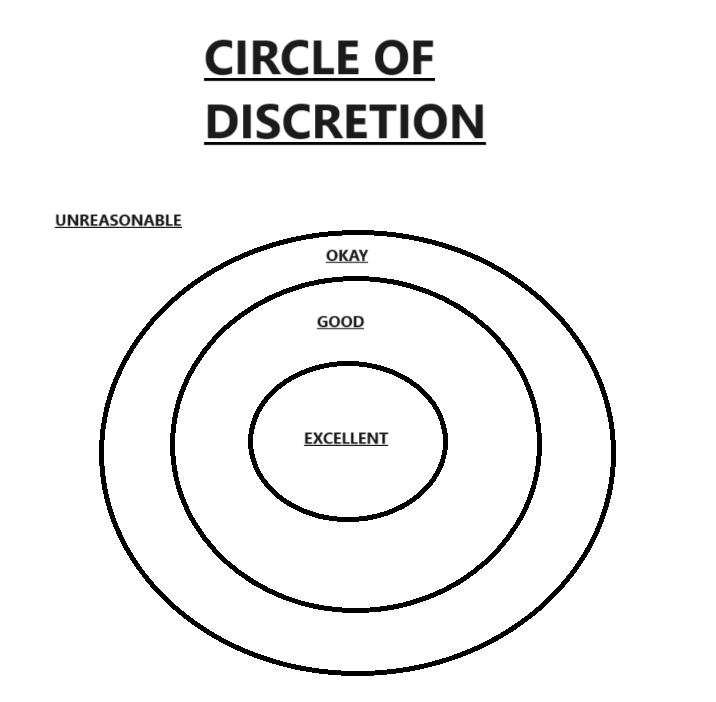Watt v Lord Advocate, 1979 SC 120
Citation: Watt v Lord Advocate, 1979 SC 120
Rule of thumb: Where an administrative statute gives discretion to administrative decision maker, can you still sue them? Where the decision maker is given discretion it is very difficult – it means that the decision maker can make a decision that was not necessarily the best one, but was not completely unreasonable, so was not a breach of the law.
Judgment:
Civil servants are allowed to make decisions which were not necessarily the best decision they could have made in furtherance of their duties – this is not necessarily a breach of the law - as long as they are acting intra vires within the powers/discretion given to them this is not necessarily a breach of the law, ‘it seems clear that, however much this is to be regretted, the Court Session has never had power to correct an intra vires error of law made by a statutory tribunal or authority exercising statutory jurisdiction. As Lord Justice Clerk Moncrieff said in Lord Advocate v Police Commissioners of Perth (1869) 8 M 244 at p 245 – ‘In the ordinary case it would now, I think, be held that where statutory powers are given, and a statutory jurisdiction is set up, all other jurisdictions are excluded’ There is no indication in any subsequent authority that this view has been doubted or even questioned and I entirely agree with the Lord Ordinary for the reasons which he gives that the fact that the Court of Session may have exercised a comprehensive corrective jurisdiction over determinations of parochial aid in the 18th and early 19th Centuries does not in any way support the existence of a jurisdiction in this court to correct errors by a statutory tribunal in the due performance of its statutory duties.’ Lord President Elmslie

Warning: This is not professional legal advice. This is not professional legal education advice. Please obtain professional guidance before embarking on any legal course of action. This is just an interpretation of a Judgment by persons of legal insight & varying levels of legal specialism, experience & expertise. Please read the Judgment yourself and form your own interpretation of it with professional assistance.

